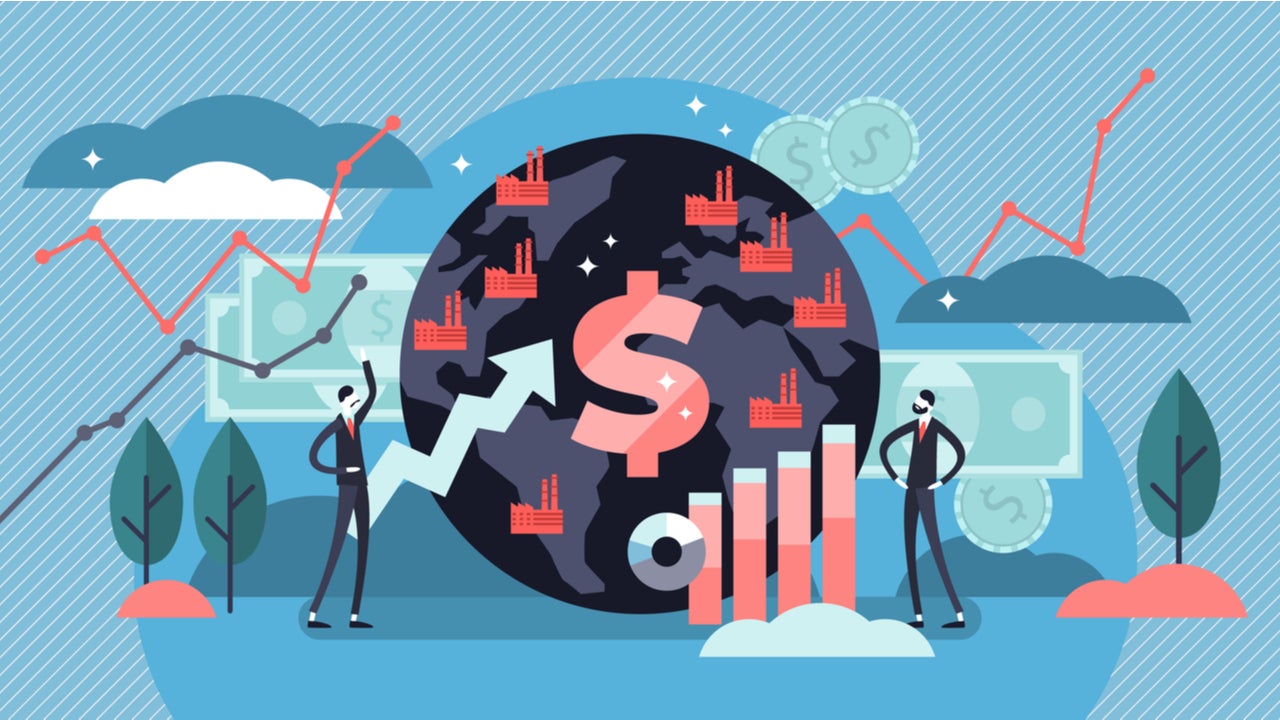
Lebanon’s economic downfall, aggravated by the Covid-19 pandemic, has lead to lack of access to basic amenities . The marginalised sections of the Lebanese society have borne the brunt of the financial crisis, say economists.
Steve Hanke
Steve Hanke, an economist at the Johns Hopkins University, shared an article on the coronavirus pandemic exacerbating the economic problems faced by the West Asian nation Lebanon. The ongoing pandemic induced financial slump led to the erosion of rights of citizens, as they are unable to get access to basic human necessities food, clothing, healthcare, and shelter.

Discover B2B Marketing That Performs
Combine business intelligence and editorial excellence to reach engaged professionals across 36 leading media platforms.
In May 2020, during the peak of the pandemic, the Lebanese government started negotiations with the International Monetary Fund (IMF) requesting the latter for around $10bn financial aid to overcome the crisis. The two parties also discussed strategy to bail out the Lebanese economy from the economic crisis, but the talks were stalled as there was no consensus among politicians of the extent of the country’s financial losses.
The economic downturn and Covid-19 pandemic also cast a shadow on the medical sector, jeopardising the capability of hospitals to provide care. The migrant workers in the country were among the worst hit sections of the society during the pandemic as they were denied access to labour protection laws and subjected to restrictive sponsorship system.
Lebanon is in a death spiral. Today, inflation is soaring at 326.85%/yr, the streets are ablaze, an politicians are asleep at the wheel. The only way to stop the death spiral is to implement a currency board.https://t.co/gdvFiazoOl
— Steve Hanke (@steve_hanke) March 14, 2021
 GlobalData Strategic Intelligence
GlobalData Strategic IntelligenceUS Tariffs are shifting - will you react or anticipate?
Don’t let policy changes catch you off guard. Stay proactive with real-time data and expert analysis.
By GlobalData
Jon Van Reenen
Jon Van Reenen, a professor at the department of economics at the Massachusetts Institute of Technology (MIT), shared an article on the measures the Bank of England (BoE) needs to take to prevent downside risks as it recovers from the Covid-19 pandemic induced slump. Jonathan Haskel, a policymaker at BoE, stated that the bank also needs to ease its fiscal policy further, to expedite the recovery.
The central bank reduced interest rates to 0.1% in the initially stages of the coronavirus pandemic in March 2020, and is halfway through the process of buying $208bn worth government bonds, which will be completed by the year-end. BoE aims to revive the inflation, which slumped due to pandemic last year, to sustainable levels in 2021.
UK’s economy which registered an unprecedented 10% drop in output last year, risked facing long-term and permanent damage due to the impact of pandemic, but the growth decline will not continue for a long time. Most of the companies are expected to resume office-based working, restricting structural changes that could lead to unemployment in the long run.
Bank right to prioritise post COVID growth https://t.co/c0WcUG176R @cep_lse @bankofengland @haskelecon Muted inflation risks
— John Van Reenen (@johnvanreenen) March 14, 2021
David Wessel
David Wessel, a journalist and director at the Hutchins Centre on Fiscal and Monetary Policy, shared an article about the previous US President Donald Trump’ team accumulating $1.9tn for the federal government’s Covid-19 pandemic relief package. The Trump team is now accusing the current administration of further expanding the federal debt and aggravating the country’s economic crisis through the relief package.
In fact, a majority of the amount for the Covid-19 stimulus package was amassed during the previous regime. The Treasury department which had more than $1tn in cash will enable the government to distribute monies in the form of cash and cheques to the American citizens. The relief money will be disbursed through the banks, in alignment with the new law.
When Biden assumed the Oval office in 2021 January, Treasury’s deposits at the Fed were $1.6tn, as against $400m in 2019. It is being expected that the Treasury will have to give away $1tn from the previously-borrowed cash to fund the coronavirus relief package.
https://twitter.com/davidmwessel/status/1371121839427231753



